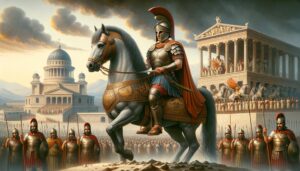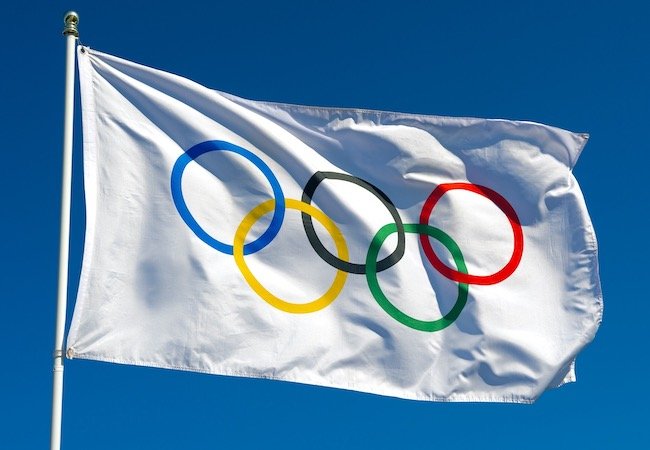The 2024 Summer Olympics in Paris have finally come to a close, leaving behind a trail of remarkable achievements, inspiring moments, and unforgettable performances. Although this time, India was not able to win any gold, we have definitely made our mark on the international stage. Neeraj Chopra has once again brought honor to India by securing a silver medal in javelin throw and Manu Bhaker has made history by securing two bronze medals in shooting. Along with other notable performances, this has brought pride and joy to the nation. As we bid farewell to this edition of the Games, let’s take a journey through the fascinating history of the Olympics, exploring some interesting facts that you might not have known.

1. The Olympics predate Jesus Christ and Alexander of Macedon
The ancient Olympic Games originated in 776 BCE in Olympia, Greece, predating Jesus Christ and Alexander of Macedon (known to many as Alexander the Great). These early Games were part of a religious festival held in honor of Zeus, the king of the Greek gods. Unlike today’s multi-sport event, the ancient Olympics initially featured only one event: a 192-meter race known as the stade. The Games were held every four years and were an integral part of Greek culture, promoting physical fitness and religious devotion.

2. Ancient Olympics were not multinational or international
The ancient Olympics were exclusively a Greek affair, with athletes from various Greek city-states, such as Athens, Sparta, and Corinth, competing against each other. In addition, the Games were a Panhellenic festival, meaning they were open only to people who could speak Greek. Might sound racist by today’s standards, but that’s just how things were!
3. Ancient Olympics were mostly a religious festival
In addition to athletic competitions, the ancient Olympics were held as a religious festival dedicated to Zeus. The Games featured sacrifices, prayers, and offerings to the gods, which were an essential aspect of the celebration. Winners were often honored with statues and poetry, and their victories were seen as a sign of divine favor.
4. Revival of Modern Olympics
The modern Olympic Games, as we know them today, were revived in 1896 by Pierre de Coubertin, a French educator and historian. He was inspired by the ancient Greek Games and believed that sports could help improve international understanding and peace, leading him to form the International Olympic Committee. The first modern Olympics were held in Athens, Greece, marking a significant shift from the ancient tradition to an international multi-sport event.
5. Story behind the Olympic symbol

The Olympic symbol consists of five interconnected rings, designed by Pierre de Coubertin in 1913. The rings represent the five continents:
– Africa
– The Americas
– Asia
– Europe
– Oceania (including Australia and nearby islands)
The ring colors – blue, yellow, black, green, and red – were chosen because every country’s flag features at least one of these colors. The white background makes them stand out. This symbol represents the goal of the Olympics: bringing together people from around the world!
